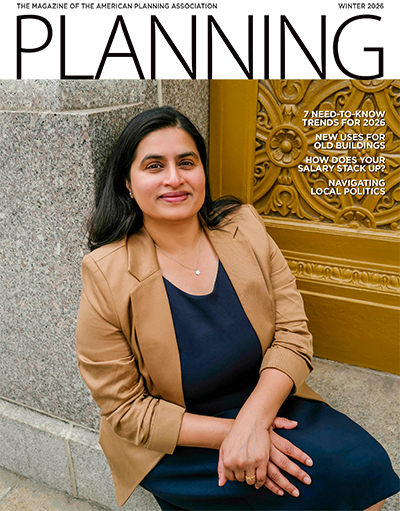Nov. 17, 2022
Gagarine, a film celebrating the importance of our attachment to place by first-time directors Fanny Liatard and Jérémy Trouilh, is unlike any movie you've seen — or will see again. It blends humor and sadness, history and futurism, fact and fiction, to create a rich admixture of whimsical longing and magical realism. (Or, in fewer words: It is decidedly French.)
In large part, the power of the film comes from its setting. Most of the scenes take place in and around the Cité Gagarine housing project on the outskirts of Paris, constructed in the early 1960s and named to honor the Russian cosmonaut. The French Communist Party was in power at the time, and the name was intended to evoke an Internationalist spirit and the utopian vision of the Space Age, an energy and optimism mined by Liatard and Trouilh as the story unfolds.
But as with many American housing projects from this era, the post-industrial future of the region was not as rosy as once imagined. The loss of manufacturing and demographic shifts in the population led to economic decline and distressing patterns on both sides of the Atlantic: decreasing support and maintenance, increasing crime and social problems, and eventually abandonment and defeat.
In 2019, the entire Cité Gagarine development was slated for demolition. By setting their fictional story in this real doomed location — and filming much of it on site in the months leading up to demolition — Liatard and Trouilh build on what is to help us imagine what could have been.
This exploration is driven by the film's idealistic protagonist, Youri (Alséni Bathily), a quiet teenager living in Cité Gagarine who sees its many flaws but has never lost hope in the only home he's ever known. Serving as something between a faithful steward/superintendent and a fanciful cyberpunk engineer, Youri is determined to save the building. But what begins as simple fixes — replacing light bulbs in the hallways, cleaning up common areas to keep the inspectors from condemning the building, some DIY electrical work — eventually grows into an elaborate plan to retrofit the entire aging structure, converting it from apartment block to spaceship. This is where it gets fun and fantastical, with a strange blend of quirky hacks and poetic visual imagery.
Along the way, Youri is aided by his (at times incredulous) friend Houssam (Jamil McCraven) and a resourceful young woman named Diana (Lyna Khoudri) living in a nearby Roma camp, who proves invaluable at finding the materials — and courage — he needs. As the deadline for demolition nears, the narrative gradually departs from the facts on the ground and ascends, quite literally, into Youri's flight of fancy: We are no longer watching the actual story of a doomed housing project, but sharing the pleasure of imagining an extremely playful "What if...?"
Throughout, planners in the audience will be poignantly reminded of our profession's erstwhile can-do spirit and youthful idealism, which may prove essential as we — like Youri — turn to face new challenges even larger than those of our predecessors.
Gagarine was an official selection at Cannes and has been shown in festivals around the globe. It is available to rent or buy via Apple TV, Amazon, Google Play, Vudo, and many other online streaming sites, as well as Mubi and other curated festival platforms. The film is based on a 15-minute short from 2015, which features interviews with residents and historical footage from the 1960s opening of Cité Gagarine.




